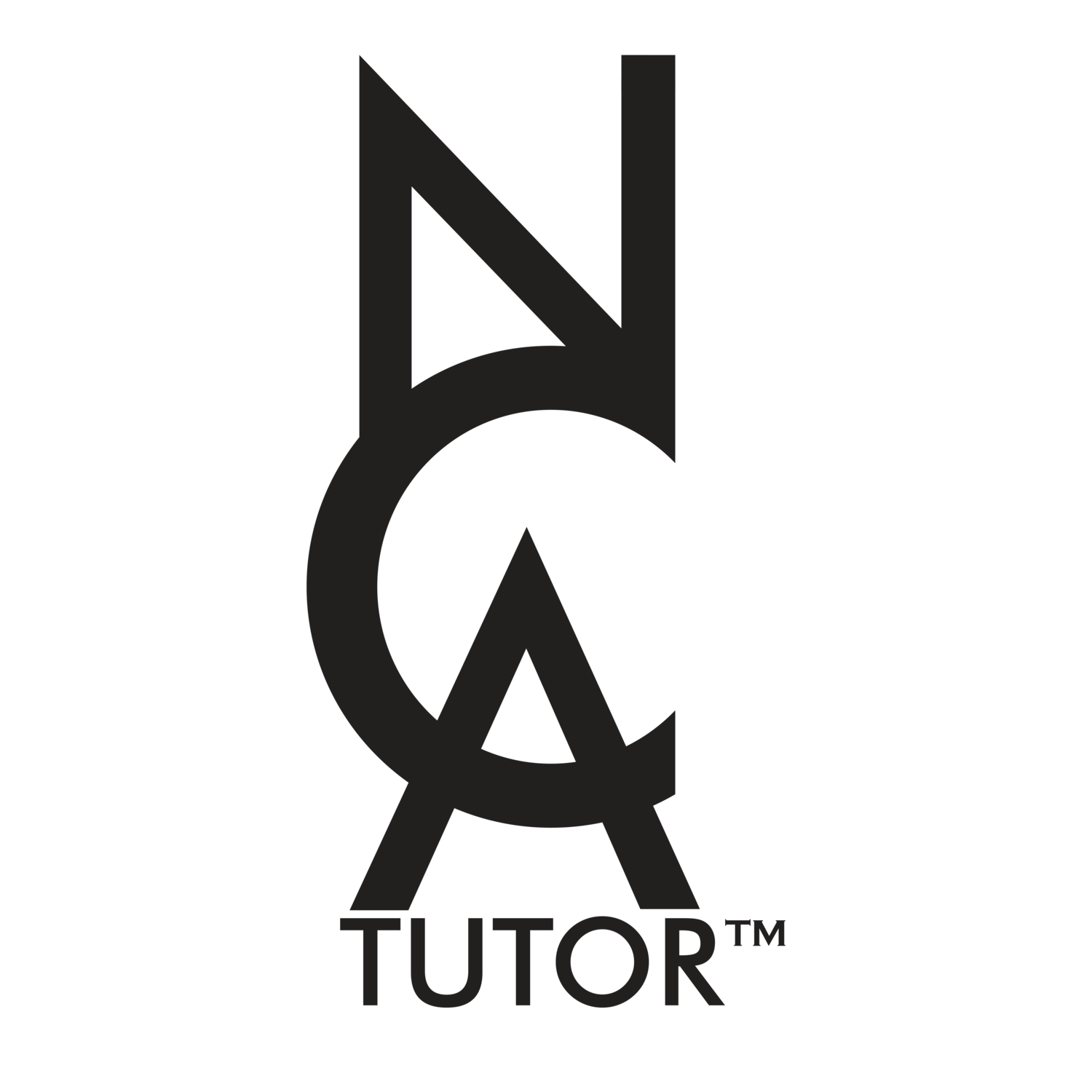Myths about UK Law Schools: The NCA Process is Too Easy
The National Committee on Accreditation Exams are any internationally trained student’s first step to qualifying in Canada and, upon successful completion, grant candidates the right to article and write the Bar exam in their province. For the most part, 3-year LL.B UK students will be assigned the five core exams with 2-year LL.Bs needing seven exams—the five core Canadian Law subjects plus two electives. The overarching idea is that the NCA exams fill any gaps in Canadian Legal knowledge that UK LL.Bs may lack and that 2-year LL.Bs “make-up” the third year of law school by taking the equivalent of a full-year course load.
All NCA exams are open-book, pass-fail, with 50% constituting a pass. As there is no formal classroom time required by the Federation of Law Societies of Canada (FLSC), students are at liberty to choose to either self-study or pursue professional tutoring. For these reasons, the NCAs are often considered “too easy” and an ineffective way to gate-keep the Canadian legal profession.
While I certainly won’t defend the NCA process as perfect, I don’t think the main problem with the NCAs is their difficulty, or alleged lack thereof. Having compared notes with Common Law LL.M candidates at top Canadian Law Schools, the exams and materials required for NCA qualification are equivalent. Additionally, the passing grade required is not wildly different than minimum passing grades that Canadian Schools like U of Ottawa require from their JD candidates who have the added assistance of teaching faculty.
The NCAs are not, however, designed to be a mini-Bar and are certainly not as demanding or expansive as the Ontario Bar exam materials simply by their nature of being single-subject; in this very limited comparative sense the NCAs are “easy”. Still, each NCA module is accompanied by a vast amount of material designed to test students’ ability to cope with information overload. As memorizing all the materials is simply not possible, NCA students must learn how to organize vast amounts of information and locate key facts under time-constraints—skills that are also useful for Bar exams. NCA Students with foresight will capitalize on this opportunity to develop their open-book study and examination techniques for their impending Bar Exams—especially since most UK law schools exams are closed-book and require a different approach and skillset.
Things Could Be Better Though…
Disappointingly, according to a program review of the NCA programme conducted in 2017, the Ontario Bar exam first-attempt passing rates for NCA candidates who are Canadian born and educated abroad is a mere 64%; the prospects are even lower for those immigrating from other countries, sitting at 53%. Comparatively, Canadian Law School candidates boast an 87% passing rate.
While this has raised some questions about the NCA subject matter being inadequate, my conversations with institutions that help students prepare for NCA exams like Osgoode and NCA Tutor™ itself, point to a different thesis: students who self-study may struggle more than those who receive professional instruction. Indeed, both Osgoode and NCA Tutor™ indicate that their international students generally do quite well on the Ontario Bar exam after graduating their programs.
This makes sense, given that after years and years of guided study from Highschool to University to Law School, students find themselves unprepared to self-teach complex legal topics. And, for those who have studied law abroad, self-teaching the foundations of Canadian law when it is, in most cases, their first ever interaction with Canadian Law, is a tall task indeed.
There is also the added factor that many NCA candidates are mature students with full-time jobs and family commitments which lead them to complete the NCAs over extended periods or even take a break between completing the NCAs and writing the Bar exam. Contrastingly, Canadian Law Students often complete Bar assessments hot off the law-school press or alongside articling and may benefit slightly from the freshness of their law school training and/or practical legal experience.
How do we make it better?
There are various opinions around how to improve the NCA programme. In my humble opinion, the goals of the NCA exams would be far better served by a mandatory, intensive bar-prep course. While perhaps not as flexible as the individual subject exam format we enjoy now, a taught prep-course that takes place over a set period of time will provide necessary structure and an opportunity for students to engage with Canadian legal experts. It would also provide students more value for their money. An NCA student assigned 7 exams spends around $3000 over the course of the assessment and exam sittings—not including text books and study supply expenses. This cost is far above the average in-class Bar prep course in Ontario and offers far less by way of guidance and instructor expertise.
Not only would putting every NCA student through the same set of bar-required materials add needed consistency to the NCA assessment process and outcome, but would also raise the legal community’s confidence in internationally trained candidates’ credibility and training. Since the 2017 NCA programme review, we have known that the current arrangement is not meeting the needs of students simply due to the vast variances in student backgrounds and needs (e.g. language barriers, previous training, etc.). Two years later, it’s time to address these issues and overhaul the system for the benefit of students and the legal market which will inevitably benefit from the inclusion of strong Canadian lawyers with international experience.
- T

